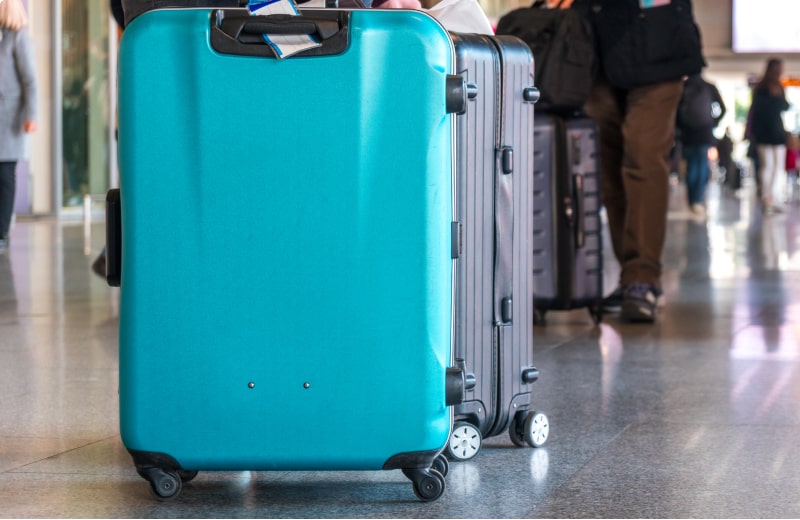The impact of business travel on mental wellbeing
Business travel can have serious implications for people’s health and mental wellbeing. It is now firmly on the agenda as a workplace mental health issue.
A study conducted by the International SOS Foundation has revealed that business trips contribute to behavioural changes in people in the workplace. These include depression, stress and anxiety.
Some of this is down to how technology has actually extended people’s working hours while travelling, because of its accessibility.
However, there is also considerable stress involved in the process of travelling and being on the road a lot of the time.
The research indicates that many organisations do not have sufficient mental health resources in place, or a workplace wellness programme.
International Business Travel and Mental Health
The research interviewed 200 business travellers. 45% said they felt more stressed on business trips, while 31% felt emotionally exhausted. Over a quarter of respondents said they experienced more prevalent mental health issues such as anxiety and depression.
There are also a physical health implications, with people travelling for business less likely to have a balanced diet or to get much exercise, or even much good quality sleep.
The problem is that while international business travel opens up opportunities, it also comes at a cost to wellbeing.
Safeguarding Health and Business Continuity
What measures can organisations and companies take to try and safeguard employees who are travelling on their behalf?
The Health and Safety Executive (HSE) is clear about the measures for tackling stress, and about the impact stress can have, with over 11 million days a year lost through stress in the workplace.
But how does stress risk management translate to business travel?
There are various stress factors associated with business travel.
Some of these are common to other work situations, including sudden, unexpected workloads, unclear reporting lines and responsibilities, and rapidly changing circumstances.
However, they may also suffer from specific, travel-related stress factors, including: a lack of peer support, or other support network; isolation from family and friends; and jet lag.
These factors also include lack of sleep, lack of exercise and poor diet, as mentioned above.
Symptoms of poor mental health can appear as impaired performance, poor concentration and erratic emotional behaviour.
Better Support for Business Travellers
More organisations must consider implementing procedures aimed at reducing the mental health risks of business travellers.
Just as mental wellbeing within the workplace has become much more widely recognised, so the impact of business-related travel on employees, along with remote working, needs careful consideration.
There are internal measures businesses and organisations can take to support employees, such as wellness programmes and resilience training, counselling and regular employee surveys.
However, they should also consider the conditions and quality of business travel, and what practical support there is to improve the business travel experience.
One such area of dedicated support is Executive car services, providing expert business and chauffeur class transfers.
Here, the focus is on ensuring passengers get all the support they need to reduce any stress and remove the uncertainties and inconvenience associated with business travel.
For more information about our specialist services, please complete our online contact form and we will be in touch as soon as possible.

 -Brief Business Travel Insights
-Brief Business Travel Insights

